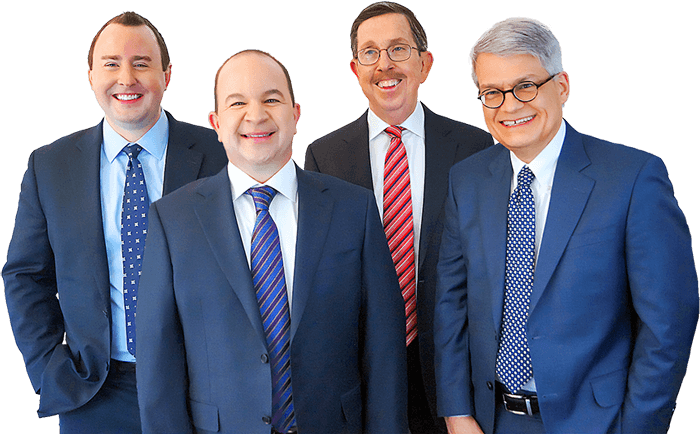Dehydration and Malnutrition
Human beings need adequate food and water to survive. People in nursing homes rely on the facility and their staff to make sure they are able to eat and are receiving proper nutrition and supplements. When nursing homes fail to do so, they can be held accountable for their negligence in a personal injury lawsuit.
If you have reason to believe your loved one is malnourished or dehydrated as a result of negligence or abuse in a nursing home, it is in your best interest to seek the advice of our experienced attorneys at Tremont Sheldon P.C.. We handle nursing home negligence cases in Bridgeport and throughout Connecticut, using our legal expertise, resources and trial skills to maximize compensation for our clients.
Signs of Dehydration and Malnutrition
It can be difficult for family members to notice signs of dehydration or malnutrition in their loved ones. If you have concern over the condition of your loved one, the following are some signs of dehydration and malnutrition to be on the lookout for:
- Rapid weight loss
- Dental issues
- Memory loss
- Yellowing of the skin
- Flushed skin
- Seizures
- Trouble breathing
- Dry skin
- Diarrhea
- Oral infections
Our firm works with professional experts to conduct thorough investigations into allegations of malnutrition and dehydration. This may involve interviewing other residents of the nursing home and former staff members to paint a picture of the procedures and oversight at the nursing home. If negligence or abuse is resulting in harm to your loved one, we will fight to obtain compensation for his or her pain and suffering and other damages.
Act Now to Protect Your Loved One
There are time limits for pursuing claims against nursing homes and other long-term care facilities. Additionally, malnutrition and dehydration can make other conditions worse, so it is in your family member’s best interest for you to call 203-212-9075 or contact us online for a free initial consultation with a lawyer.

